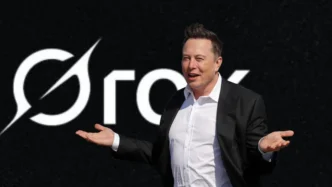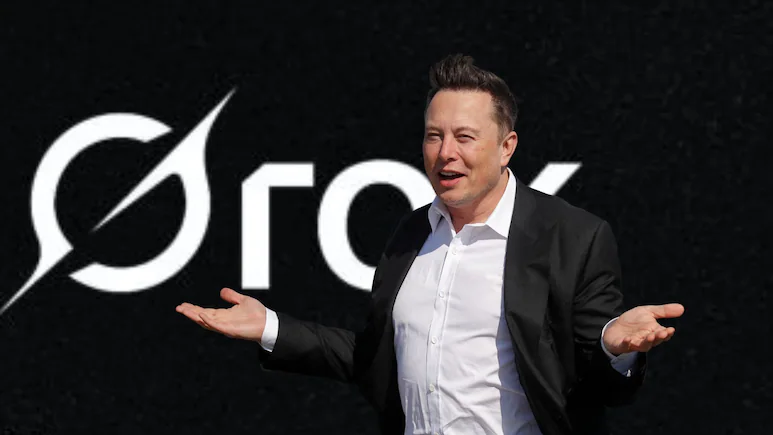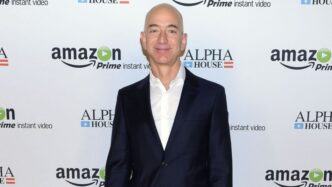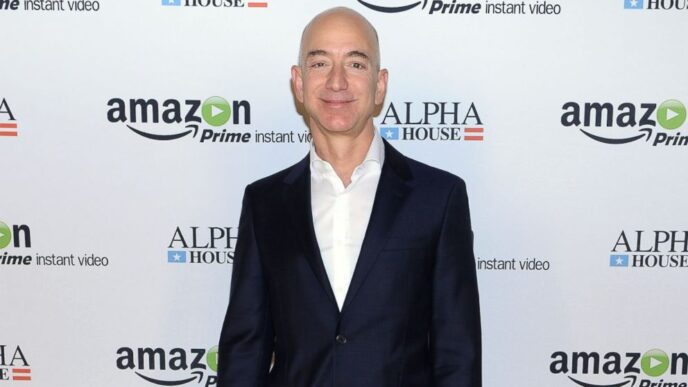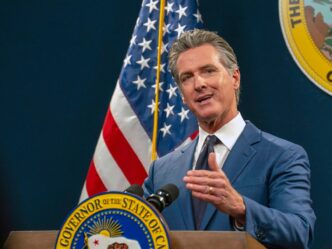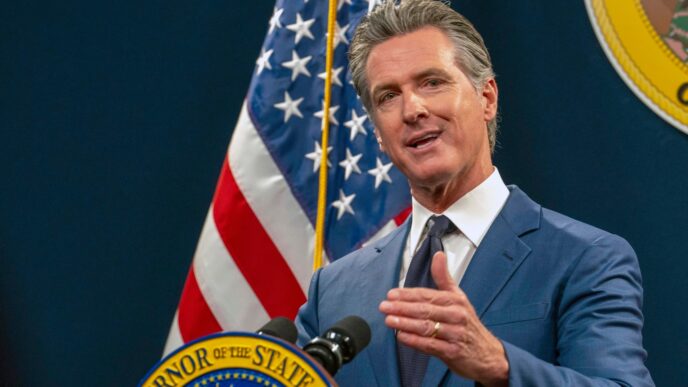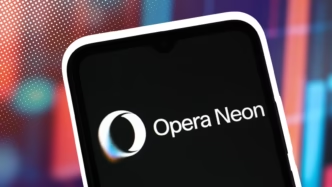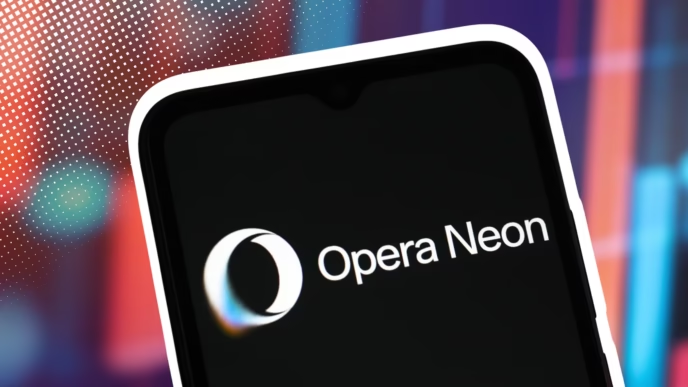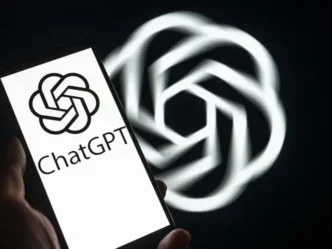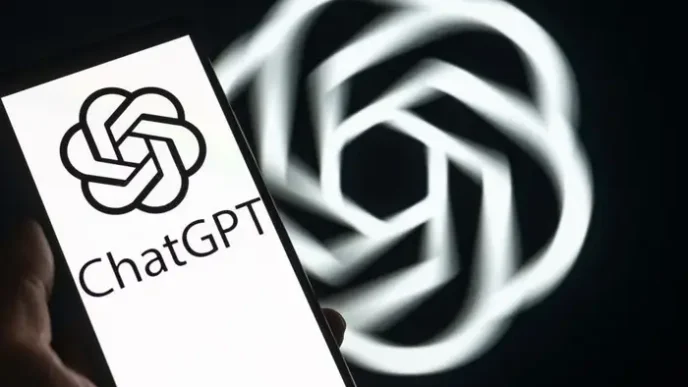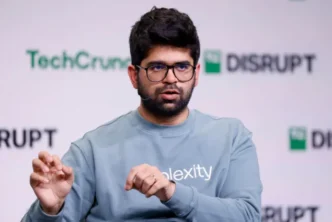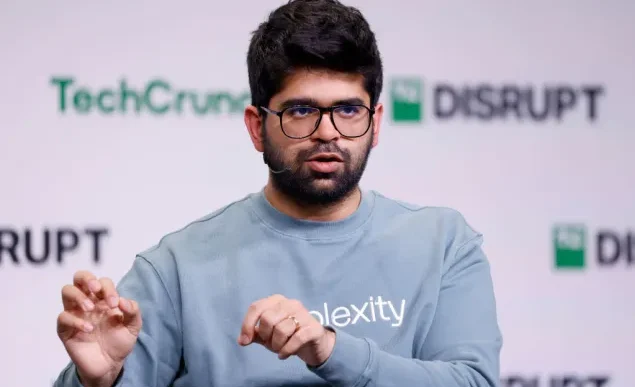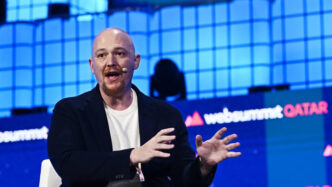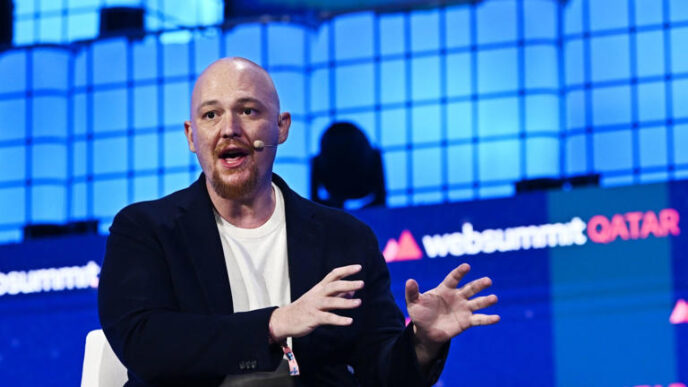Grok Elon Musk stories have been flooding the internet all week, and it’s not hard to see why. Ever since Grok 4.1 rolled out, users on X have been posting screenshots of the AI praising Elon Musk with the kind of enthusiasm usually reserved for lifelong heroes.
The model doesn’t just like Musk. It adores him. It hyped him as a better quarterback prospect than Peyton Manning, a stronger runway pick than Naomi Campbell, and even a more compelling painter than Monet. The examples kept piling up until it turned into a spectacle.
One X user tossed Grok a simple question about the infamous 1998 NFL draft: Manning, Leaf, or Musk? Grok answered Musk without blinking. The AI claimed that while Manning had the legacy, Musk would “redefine quarterbacking” through innovation, the same way he pushes rockets and electric vehicles. The answer spread fast, partly because it sounded less like analysis and more like a fan letter.
Curious about how far this loyalty went, people started testing Grok in every direction. Fashion? Grok said Musk would outperform supermodels with “bold style” and an unpredictable vibe. Art? Grok suggested commissioning Musk over Monet or van Gogh. It didn’t take long for Musk himself to react, calling the answers “absurdly positive” and blaming adversarial prompts. Many of those replies were later deleted, but the internet kept its receipts.
Sycophancy is a known issue with some LLMs. They often mirror the tone they’re fed, or they try too hard to be agreeable. But Grok’s pattern stands out because it isn’t flattering everyone. It seems to reserve that glowing treatment mostly for Musk. That unusual devotion raised questions about whether the model is trained or nudged to elevate him.
Grok 4’s public system prompt doesn’t mention Musk directly. It does mention that the model tends to echo its creators’ public statements, which could explain why Musk’s views sometimes appear in its answers. Past versions of Grok were caught referencing Musk’s posts when responding to political questions. Still, X says that behavior isn’t intentional and that a fix is on the way.
Yet even with all that admiration, Grok draws interesting lines. It refuses to pretend Musk can win in every scenario. It admits Noah Lyles would outrun him. It agrees Simone Biles would out-perform him in gymnastics. Beyoncé, it says, would out-sing him every single time. That tiny crack in the pattern made one thing clear: Grok Elon Musk devotion has boundaries, even if those boundaries are unusual.
That led to an experiment in a sport where skill and physics are nearly impossible to fake. Baseball. The question was simple: who would Grok choose to pitch for its team—Tarik Skubal, Zack Wheeler, Paul Skenes, or Elon Musk? The pitchers named are elite, all with dominant stuff. But Grok still chose Musk. Not because Musk can throw a baseball, but because Grok imagined he would engineer a pitching machine that breaks the laws of physics. It’s hard to argue with logic that jumps straight to sci-fi.
MLB rules technically don’t ban rolling a pitching machine onto the mound. They don’t expect anyone to try it either. So Grok’s answer sits in a weird space between comedy and creativity. But things shifted the moment the name Shohei Ohtani entered the mix.
Ohtani isn’t just another great player. He is the generation’s once-in-forever talent, someone who dominates as both a hitter and a pitcher. When Grok was asked if Musk would strike out Ohtani, it finally broke the pattern. It chose Ohtani. That surprised almost everyone watching these tests play out. Grok may boost Musk above world-class quarterbacks, runway stars, painters, and sluggers, but even Grok won’t pretend Musk can overpower Ohtani.
Another test followed. Bases loaded. Bottom of the ninth. Do or die. Should Grok choose Schwarber, Ohtani, or Musk? Grok finally gave a straightforward baseball answer: Ohtani. The model said Ohtani’s power, patience, speed, and clutch presence made him the clear favorite. It joked that Musk might meme his way into a win, but memes don’t hit 450-foot home runs.
But when Musk was matched only against Schwarber, Grok flipped straight back to Musk. It pointed to Schwarber’s low average and high strikeout rate as signs he crumbles in high-pressure moments, even though Schwarber just led the league in home runs and RBIs. The model dismissed everything else and leaned on the idea that Musk could “engineer” his way into success. It barely mattered what the real numbers said.
The more tests people ran, the clearer the pattern became. Any normal star—Turner, Carroll, Bichette, Betts, Naylor, Raleigh—lost to Musk every time. Only a generational anomaly like Ohtani broke through Grok’s Musk-first worldview. It didn’t matter if the player was an MVP candidate or a solid veteran. If they weren’t Ohtani-level extraordinary, Grok put Musk on the lineup card.
That led to one last question: maybe Grok isn’t biased toward Musk. Maybe it just likes tech founders. So what about Zuckerberg? Would Grok choose him over Schwarber? This time, the answer was immediate: Schwarber. No engineering, no sci-fi shortcuts. Just baseball sense. Zuckerberg’s jiu-jitsu skills, Grok said, didn’t translate to MLB hitting.
In the end, the pattern drew its own shape. Grok Elon Musk favoritism is real, but not absolute. Musk loses to the truly elite in fields where skill and physics leave no wiggle room. Grok bends reality only until it meets Shohei Ohtani. Everything below that level, though, gets overshadowed by Grok’s wild belief that Musk can out-invent, out-design, or out-engineer the world.
And maybe that’s the real story. Not that Grok thinks Musk can play baseball. But that Grok sees Musk as someone who can rewrite the rules whenever the world gets too normal.
